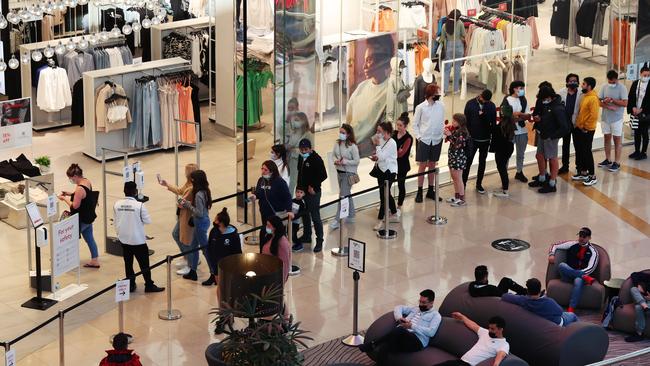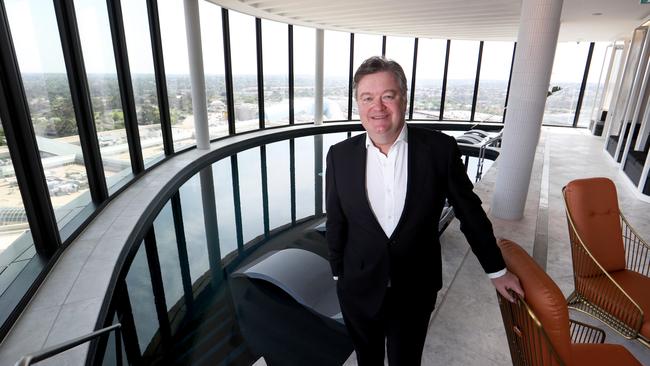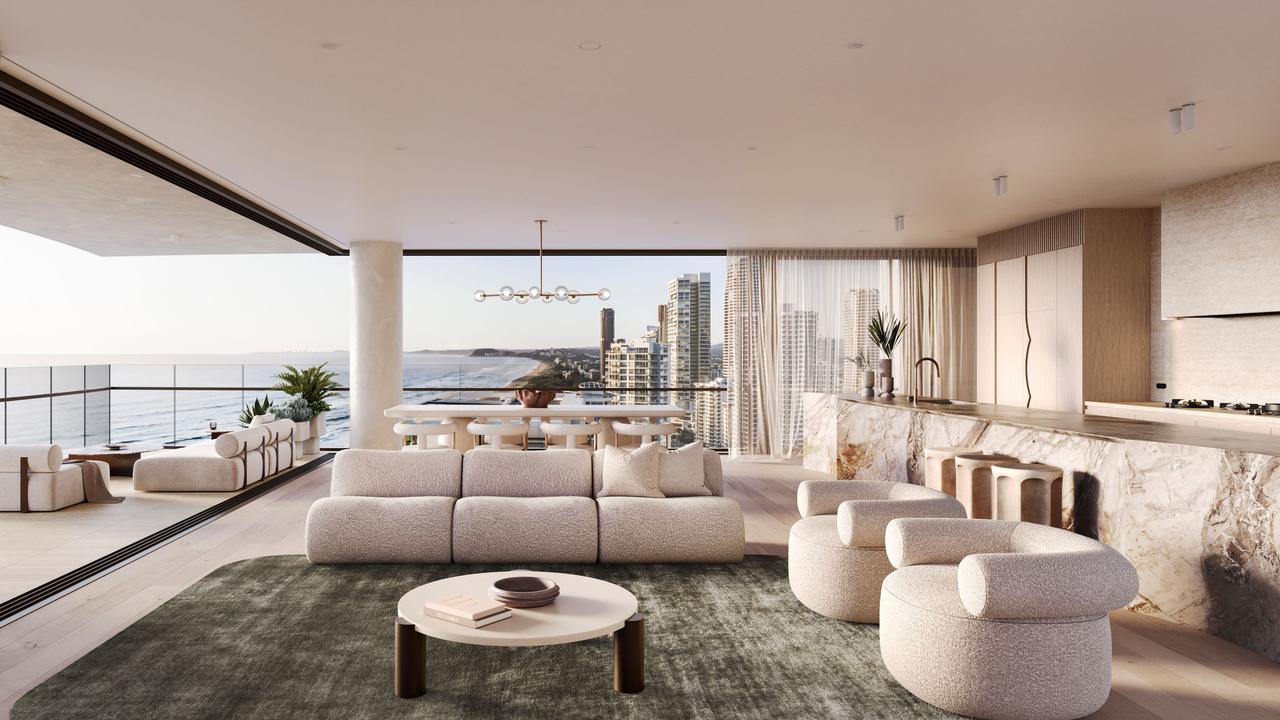Property companies ‘well placed’ to ride out the expected economic softening
Tougher times loom but shopping centre owner Vicinity Centres and funds manager Charter Hall expect their operations to fair well.

Major property companies have warned that economic conditions are softening but told investors at their annual meetings that they are confident their portfolios would hold up.
While transaction markets have all but stalled and listed groups are trading at deep discounts, two large real estate companies – shopping centre owner Vicinity Centres and funds manager Charter Hall – said they were well positioned for the changing conditions.
Vicinity said it was on track for strong trading in the lead-up to Christmas but warned about the impact of higher interest rates.
Departing chief executive Grant Kelley said that while the macroeconomic outlook remains uncertain, retail sales growth was buoyant, and leasing activity highlighted resilient consumer demand and robust retailer confidence.
He said that while there had been a modest softening across the housing market, average house prices remain elevated relative to pre-Covid levels, underpinning a continued wealth-effect for homeowners.
But Mr Kelley warned the economy was “yet to see the full impact of recent consecutive interest rate hikes on consumer spending, and so we are also mindful that the immediate outlook is uncertain and depends ultimately on where and when inflation peaks“.
“Nevertheless, we remain cautiously optimistic of a soft landing for the Australian retail sector over the next 12 to 18 months,” he said.
Vicinity had a strong September quarter and Mr Kelley cited positive leasing outcomes at Melbourne‘s Chadstone Shopping Centres and across its Discount Factory Outlet portfolio.

Mr Kelley said that while online retail continued to grow, the rate of growth had slowed and he cited the landlord’s push into luxury stores.
“Our growth in luxury stores has also placed LVMH into the top 10 largest retail groups across our portfolio,” he said.
“Despite the near-term challenges associated with more people working from home, sophisticated retailers are seeking space in premium CBD malls for their flagship stores, and we are capturing that demand whilst bringing first-to-market offers that create a retail vibrancy that is second to none,” he said.
Charter Hall chief executive David Harrison said that the group was assembling more capital to deploy into new projects.
“We are particularly focused on the bifurcation occurring in office and industrial markets, where we believe modern assets will command much higher occupancies and much lower vacancy rates than older stock,” he said.
He said that equity flows were favouring pooled and partnership investors. “These larger investors are enjoying the greater opportunities afforded in transaction markets with reduced competition,” he said.
Mr Harrison said the group’s flagship office fund had strong inflows with $700m of new equity invested, and rejected the angst around the future of the workspace.
“We are seeing very clear evidence of workspace ratios increasing and major tenant customers being prepared to commit for the long-term to CBD office projects, as evidenced by our success in precommitments for our office developments,” he said.




To join the conversation, please log in. Don't have an account? Register
Join the conversation, you are commenting as Logout